As the Nato summit on international security opens this week in Vilnius, one obvious issue will be the success or otherwise of the Ukrainian counter-offensive. Apart from the liberation of a few villages, where are the victories earlier forecast by figures like head of military intelligence Kirill Budanov, who predicted the Ukrainian army would be in Crimea by the end of spring? Hopes of a quick push to the Azov sea, inspired by the retaking of Kharkhiv last September, have hit a sandbar this time round: denser Russian defence lines and widespread use of landmines. Come autumn, the weather will be against the Ukrainians too, the muddy season making a counter-offensive more and more beleaguered. Is anything for the Ukrainians going right?
Perhaps all this partly accounts for the level of resentment at the West expressed by some top Ukrainian officials. Commander-in-Chief Valery Zaluzhny has voiced frustration that Ukraine, though expected to claw back territory from the occupying Russians, still hasn’t received modern fighter jets; while regarding the possibility of Nato membership, president Zelensky has complained that: ‘If we’re not acknowledged and given a signal in Vilnius, I believe there is no point for Ukraine to be at this summit.’
Anger about the lack of fighter jets and continuing non-membership of Nato is part of a more general disillusionment in Ukraine; it’s becoming clear that Kyiv’s objectives aren’t just different from many of those in the West, but sometimes totally opposed. Ukraine needs a victory and restoration of its 1991 borders – at all costs, even escalation – while the West arguably wants merely to contain the conflict, even at the price of prolonging it.
But is there such an entity as ‘the global West’ at all? Even five hundred days after the war’s outbreak, Western countries still haven’t really united over Ukraine and its future. On the one hand, there is a clearly ‘pro-Ukrainian’ block of countries, a ‘Northern Coalition’ (numbering UK, Norway, Denmark, Netherlands, Poland and the Baltic States in its ranks) and putting muscle behind its words. The UK’s military aid amounts to £3.9 billion, second only to US, and both Denmark and the Netherlands are offering F-16 training for Ukrainians. Poland has contributed nearly £2 billion of aid and endless support for refugees, while the three Baltic States are donating 1 per cent of GDP to the war-effort, several times more than the average Western country. But Germany, despite its latest £2.3 billion aid package, has declared itself ready to block Nato membership for Ukraine; while Orban in Hungary claims victory against Russia is a ‘fairytale’ given that the country has nuclear weapons (clearly forgetting the US’s defeat in Vietnam and the USSR’s in Afghanistan).
The West’s divisions mean long-term support for Ukraine is far from guaranteed
As for the ‘heavyweight’ United States, a recent article in Newsweek suggests Biden’s emissary, CIA director William Burns, cooked up a deal with Putin at the end of 2021, promising that the US would neither fight directly nor seek regime change provided Russia ‘limit its assault to Ukraine and act in accordance with unstated but well-understood guidelines for secret operations’ [not crossing certain borders or attacking each other’s leadership or diplomats].
All this is far from good news for Ukraine – the West’s divisions (often not just one country from another, but within administrations too) mean long-term support is far from guaranteed. Even the widespread and apparently sincere pledges that ‘we will support Ukraine as long as it takes’ can only be honoured as long as an administration is actually in office.
All one can be sure of for now is that such support will be strictly limited, to avoid Russia’s humiliating defeat and a subsequent global escalation. The West can hardly be accused of not sticking to its promises – much has been given already and even more announced (like cluster bombs and F-16 air fighters). But while Western support has been sufficient for defence – as time has shown – it’s not enough for a game-changing offensive. As General Zaluzhny recently remarked in an interview, ‘For an offensive to accelerate I need more weapons – of every kind, and I need them now.’
Putin has now burnt enough bridges to prevent his backing off – mobilisation, meat-grinder conditions for hundreds of thousands of troops, and declaring the newly-occupied territories Russian by constitution. Given the world’s ‘grey market’ in dual-use components and Russia’s relations with China and the ‘Global South’ countries, it’s also impossible to bar its access to military technology.
Considering Russia’s population and the fact its mobilisation-potential is four times that of Ukraine, chances of its smaller neighbour winning this war of attrition are slim without regime change at the Kremlin – and ‘the Biden administration,’ writes the Washington Post, ‘is very careful not to give any suggestion’ it is seeking this in Russia. The Putin regime may yet fall due to internal pressures – as we saw with the recent Wagner mutiny. But for any such action to be successful, Russia must undergo greater destabilisation, either through economic or military collapse, neither of which is currently in sight.
Even fulfilment of the declared Ukrainian objective – liberation of all its territory internationally recognised since 1991 – may not spell the end of the war, just a relocation of front lines. This is something Kyiv understands, and it desperately wants solid guarantees of Nato membership, with its governing tenet that ‘an attack on one is an attack on all.’ Such a promise would not only be a source of hope for the Ukrainian people – it would boost the army’s morale as well.
But, in reality, the chances of such a decision being made at the Vilnius summit this week are scarce, and many Ukrainians realise it. Despite unexpected backing for its membership bid from Turkey, Ukraine – Biden has just stated – is not yet ready for accession, adding that the war there needs to end before such a thing can reasonably be considered. Even here, there are grave question-marks: as former intelligence-officer and pundit Alexey Arestovich put it, ‘Imagine the… war ends, and we are in Nato, and the next day Russian missiles strike – what (will) the West…do then? There’s no answer to that’. One could also ask what the ‘end of war’ might even mean if neither country, in aid of peace, is prepared to sacrifice territories they claim emphatically belong to them.
Probably the best Ukraine can expect from this week’s Nato summit is long-term guarantees of military support – a small group of Western allies are reported as engaged in ‘advanced’ and ‘frantic, last-minute’ negotiations to finalise a security assurance declaration, with a European diplomat quoted by the FT saying: ‘It is important to keep in mind that these are not real security guarantees, the readiness of countries to defend each other.’
Instead, he explained, they were ‘more assurances that the assistance with weapons, equipment, ammunition will continue’ – at least for the duration of the war. Such a step, if it comes off, will bring Ukraine a little more confidence in the future. Which is better, perhaps, than the country might have feared – but so much less than they could have hoped for.
Got something to add? Join the discussion and comment below.
Get 10 issues for just $10
Subscribe to The Spectator Australia today for the next 10 magazine issues, plus full online access, for just $10.

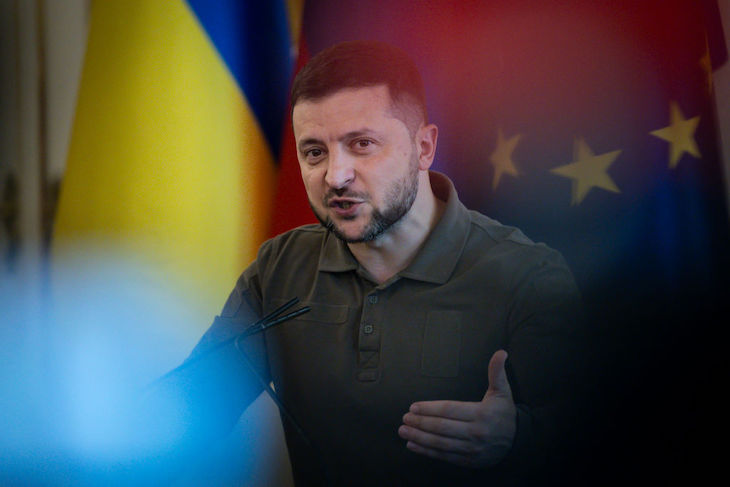
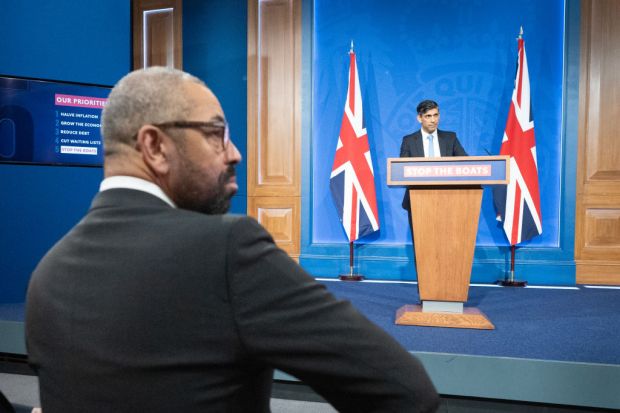
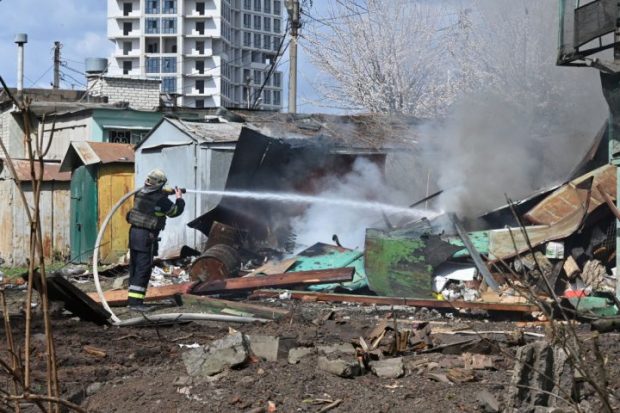
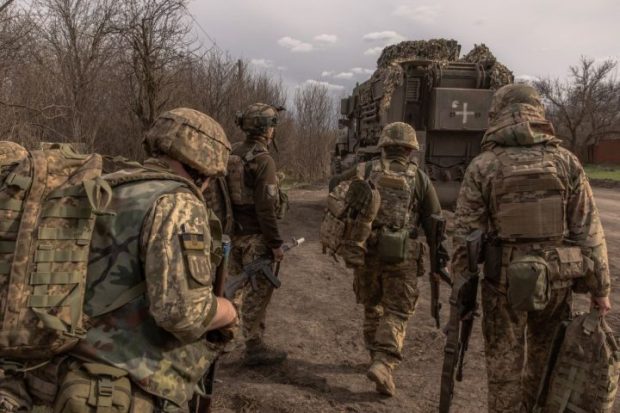
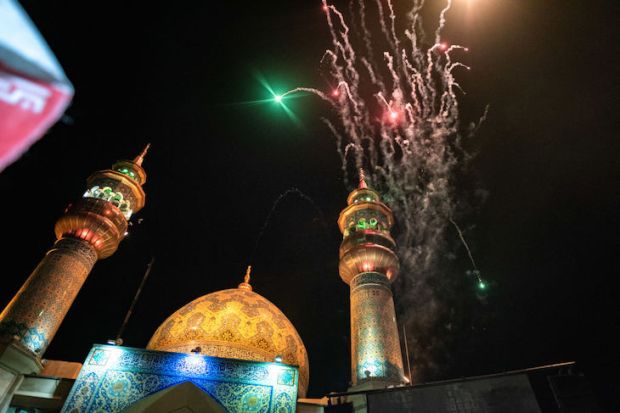
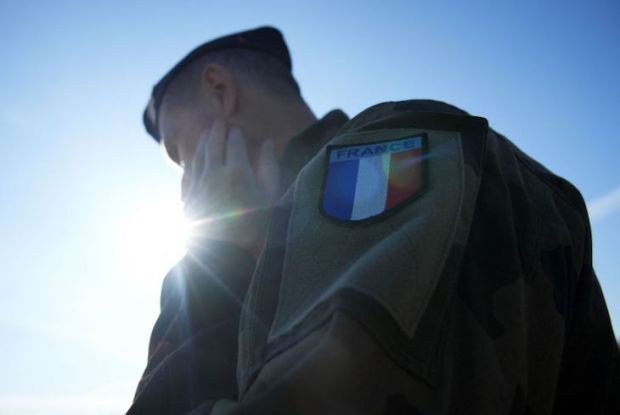
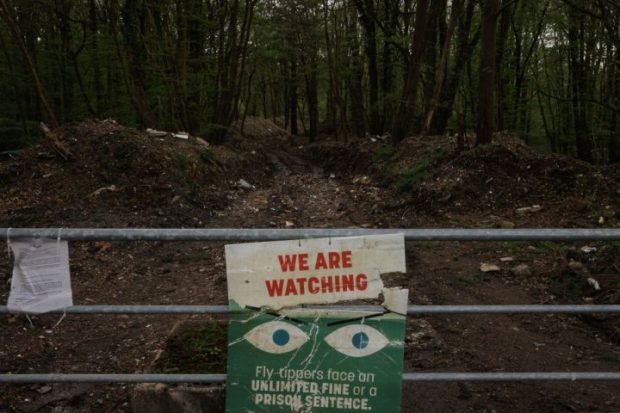












Comments
Don't miss out
Join the conversation with other Spectator Australia readers. Subscribe to leave a comment.
SUBSCRIBEAlready a subscriber? Log in